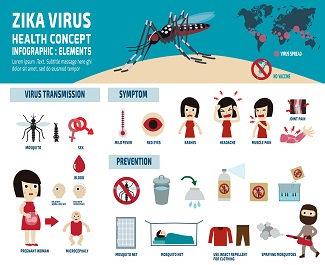What is the second stage of labour?
The second stage of labour begins when your cervix is fully dilated. It is also known as ‘active labour’. By the time your cervix opens to 10cm, active labour begins.
Your baby’s head starts to move down the birth canal and you will feel intense urges to push. Contractions can get very intense and painful, and you may feel like you need to “poo”, but that’s normal and is a good sign.
At this stage, you will be assisted by your doctor or midwife in pushing your baby out of you. With each contraction and each ‘push’, your baby will descend more and more.
During active labour, your doctor will monitor the heart rate of your baby. If his/her heart rate starts to increase, it means that the baby is in distress and delivery should end as soon as possible.
While active labour is the most painful and intense part of labour, it is also the shortest and lasts from 30 minutes to 2 hours. Hang in there, mummy!
Do(s) during the second stage of labour:
Engage in patterned breathing
You can use breathing to help make your labour process more effective and easier to cope with. Some mothers might prefer to take deep breaths, while some might feel that light breathing is easier. Regardless of the type of breathing technique you use, you should breathe at a comfortable rate and not feel dizzy at any point in time.
These are three types of patterned breathing that you can engage in:
- Slow, deep breathing: Inhale and exhale with slow, deep breaths each time
- Light accelerated breathing: Inhale and exhale quickly with each breath being short and shallow.
- Variable breathing: A mixture of deep breathing and light breathing
If you are uncertain about what type of breathing technique to engage in, you should ask your midwife or doctor for help. They will be there to guide you every step of the way.
Drink water between contractions
Keep yourself hydrated by taking small sips of water in between your contractions. Avoid taking big gulps of water as a full stomach might cause you to feel nauseous and cause vomiting.
Ask for epidural
At any time that you feel like your labour pains are too much for you to handle, ask for an epidural. An epidural can help to ease the contraction pains by numbing you from the waist down.
There are a few options of epidural that you can choose from:
- Standard epidural: It numbs you from the waist down. You will not be able to walk after being administered a standard epidural.
- Low-dose epidural: It lessens your pain but leaves you freedom to move your legs and adjust your positions during labour.
- Walking epidural: It lessens your pain but you are still able to move around to get your labour going.
At any time, you can request to increase or reduce your dosage of epidural when necessary.
Be as comfortable as possible
During this stage, it is important that you make yourself as comfortable as possible. You can ask your partner to gently massage your shoulders and your back, or request to play some soft music in the background to help you relax. If you need a snack, don’t hesitate to ask for one.
Don’t(s) during the second stage of labour:
Don’t push too early
During the transition from the first stage of labour to the second stage, you may start to feel urges to ‘push’ even though your cervix might not be fully dilated. If you try to push when your cervix is not fully dilated yet, you risk tearing your cervix.
You should always check with your midwife/doctor if it is the right time to push.
Don’t lie down
Contrary to what you see on TV, the best position to be in during the second stage of labour is to be upright instead of lying down flat. By staying upright, you use gravity to your advantage and gravity aids you in pushing your baby out.
You should discuss with your midwife or doctor about the possible positions that you can be in during this stage.
Don’t hold your breath
When contractions get extremely painful, you may feel the urge to hold your breath to cope with the pain, but avoid holding your breath as this not only reduces your ability to focus, but it also decreases oxygen supply to your baby. A constant intake of oxygen at this time is essential in helping you to maintain your energy and focus.
Subscribe to receive newsletter on pregnancy and parenting in Singapore.


